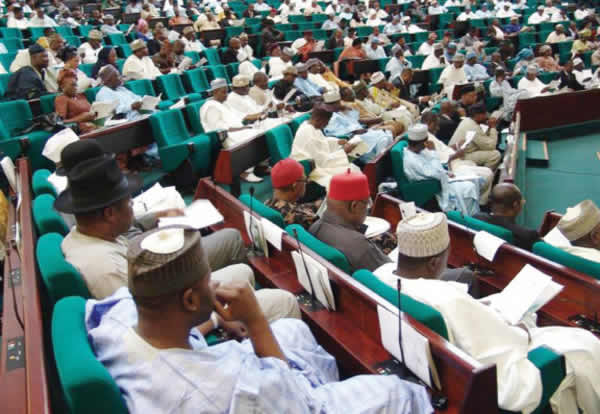
The House of Representatives has moved to limit the authority of the president in removing the head of Nigeria’s anti-corruption agency.
Lawmakers on Thursday passed a bill for second reading aimed at changing how the EFCC chairman can be removed from office.
The proposal, which seeks to amend the Economic and Financial Crimes Commission (Establishment) Act 2004, is pushing for stronger independence for the commission.
According to lawmakers, keeping politics away from investigations will make the fight against corruption more effective.
The bill, sponsored by Hon. Yusuf Adamu Gagdi, targets several reforms that could reshape the EFCC’s structure and operations. He argued that the current system gives “too much room for interference,” especially from the executive arm of government.
“The existing Act does not provide sufficient guarantees for the independence of the Commission, exposing it to external interference,” he said while presenting the bill.
One of the major changes proposed is stopping the president from removing the EFCC chairman without approval from the National Assembly. Under the new plan, it would require a two-thirds majority of both chambers before any chairman can be sacked.
The lawmakers believe this step will introduce better checks and balances.
Gagdi also highlighted growing challenges such as cyber fraud, cryptocurrency scams, terrorism financing and illegal money channels, stressing that modern crime needs modern laws.
Members who supported the bill maintained that the EFCC Act has not kept pace with new forms of financial crime. They insisted that reform is necessary if the agency must tackle corruption at all levels without fear or favour.
After a unanimous voice vote, the bill was passed for second reading and has now been forwarded to the appropriate committee for further examination.
However, it could be recalled that former EFCC Chairman Abdulrasheed Bawa was suspended by President Bola Tinubu over alleged corruption and abuse of office.
This controversial move sparked renewed calls for legal reforms to prevent political interference in the Commission.
The article was originally published on Politics Nigeria.


